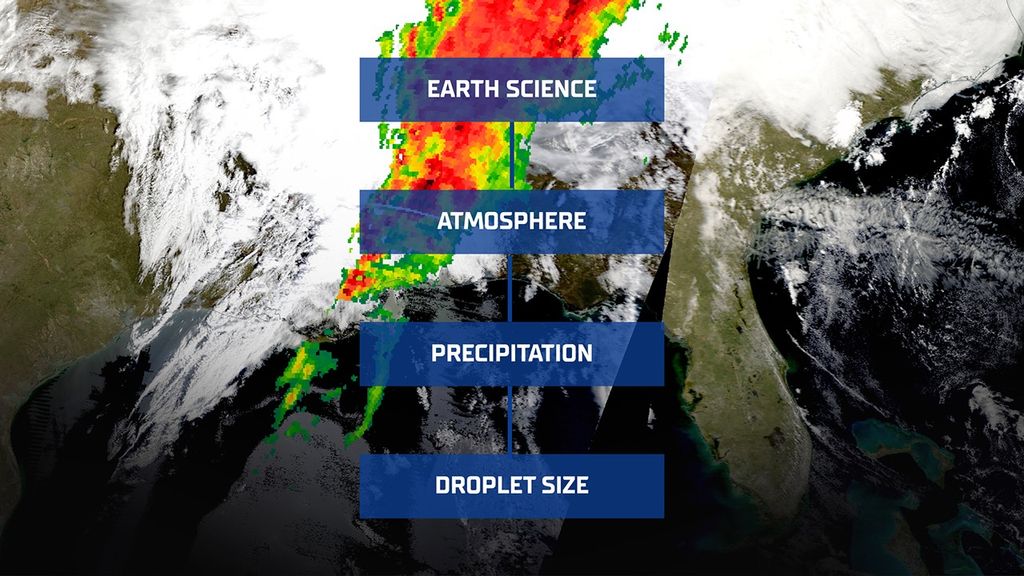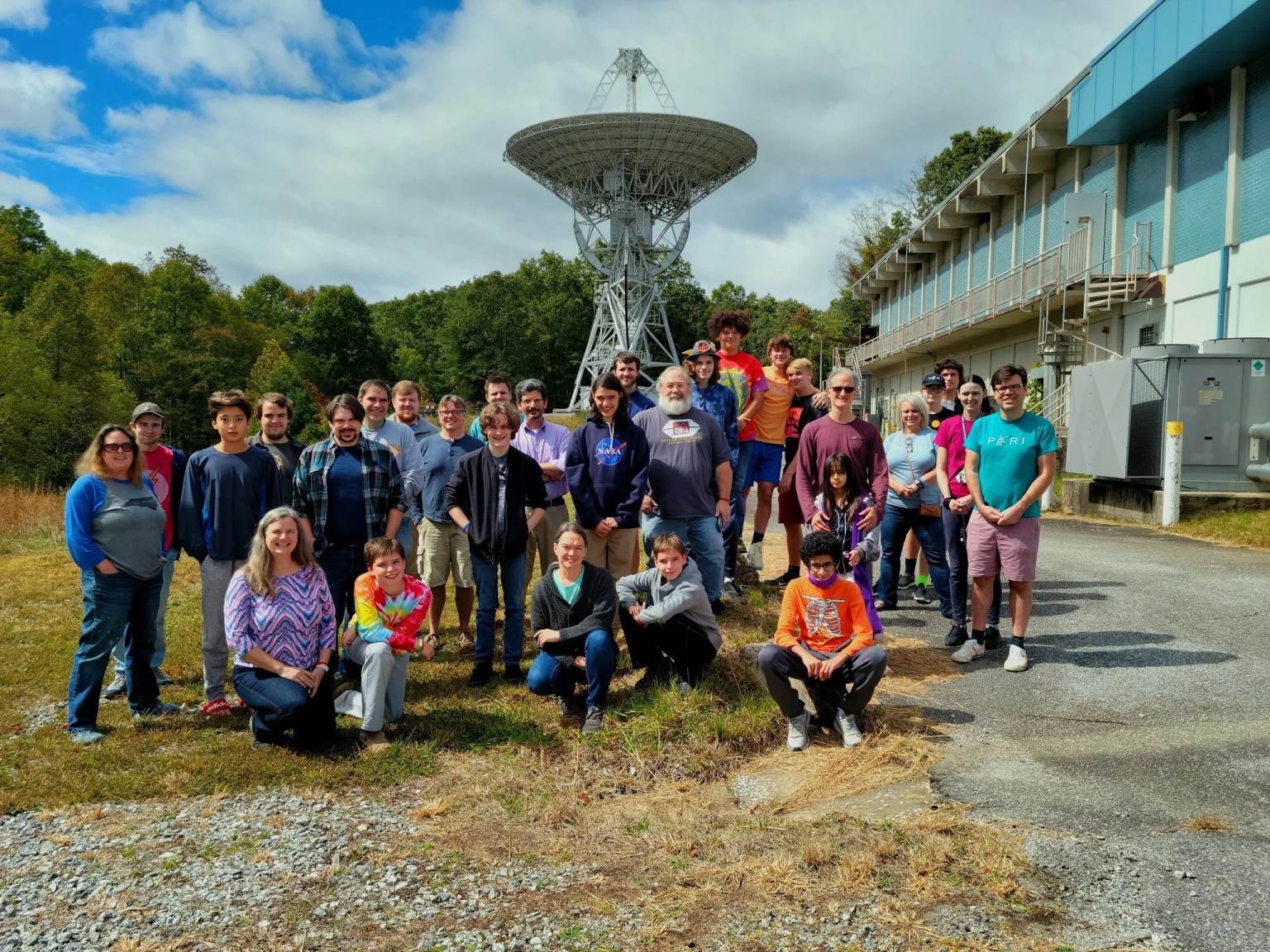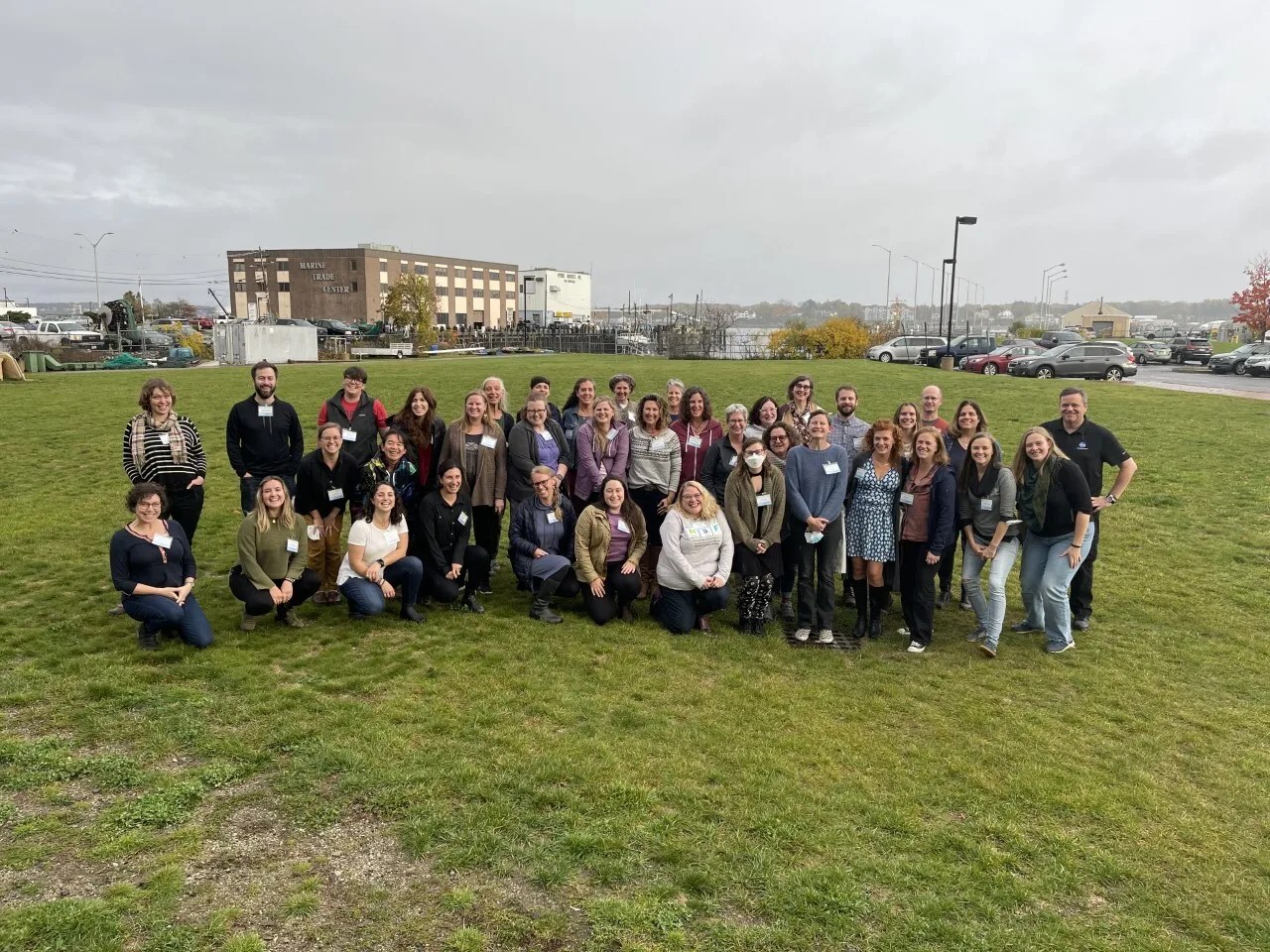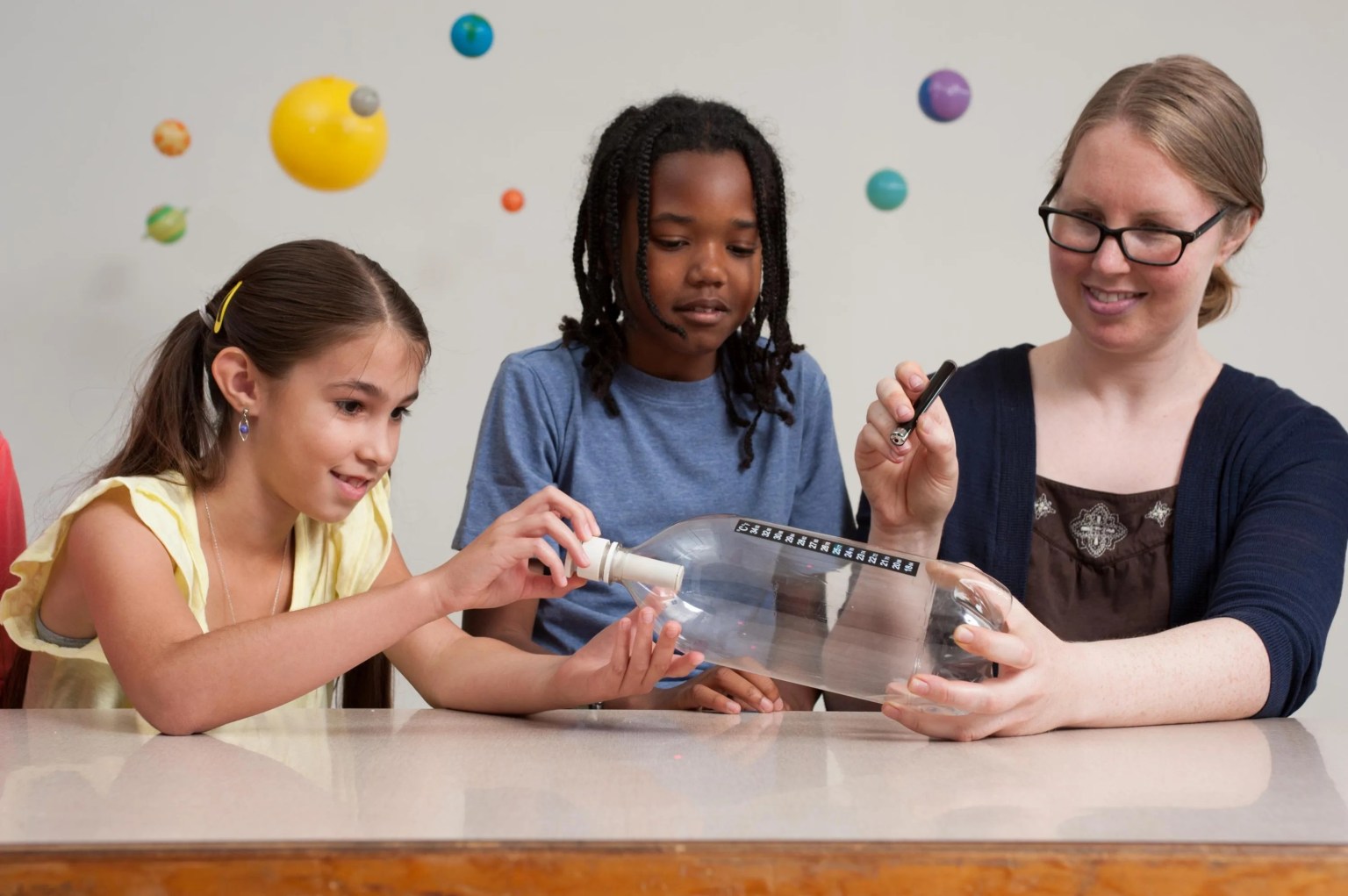STEM Ecosystems
Community-wide partnerships for STEM learning and engagement
STEM learning ecosystems unite people, organizations, and resources to create STEM engagement and education experiences for all people throughout their lifetimes, at school, at home, at work, and in the community. By developing mutually beneficial partnerships, leveraging complementary expertise and resources, implementing best practices, and creating pathways among learning opportunities, these community-wide partnerships support individual learning and community growth.
Using principles and practices from STEM ecosystems, NASA science, people, and assets can be integrated into authentic STEM learning experiences that make Earth and space science compelling and relatable for diverse participants.

Project activities include: studying exemplary learning ecosystems that leverage NASA Science Mission Directorate’s unique assets, stories, and people; developing key ideas that can be implemented across NASA’s Science Activation program; creating professional development training and materials; and disseminating project findings and resources widely among professionals who are active in STEM engagement and education.





























